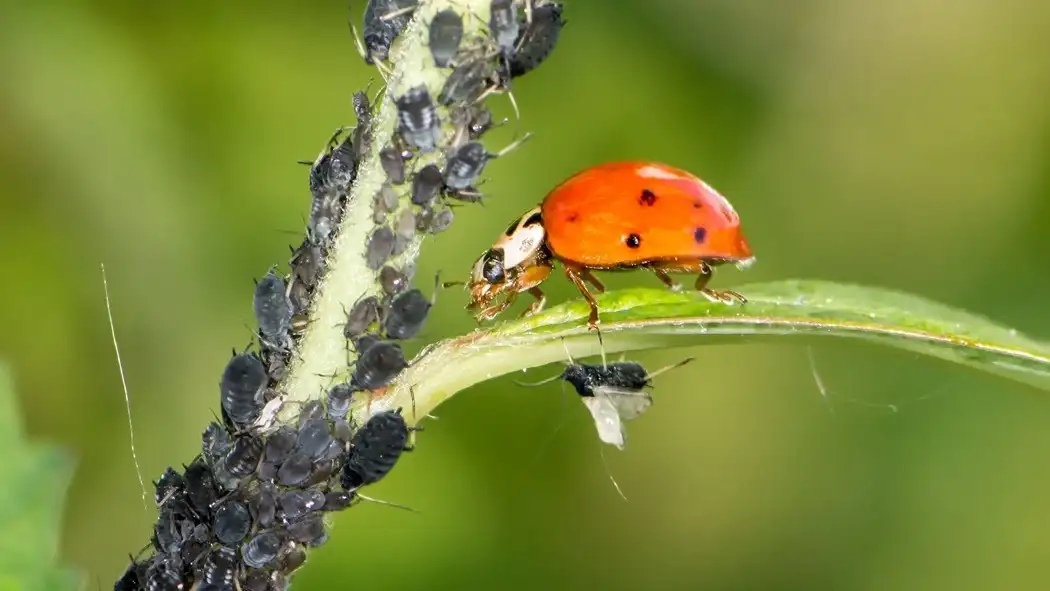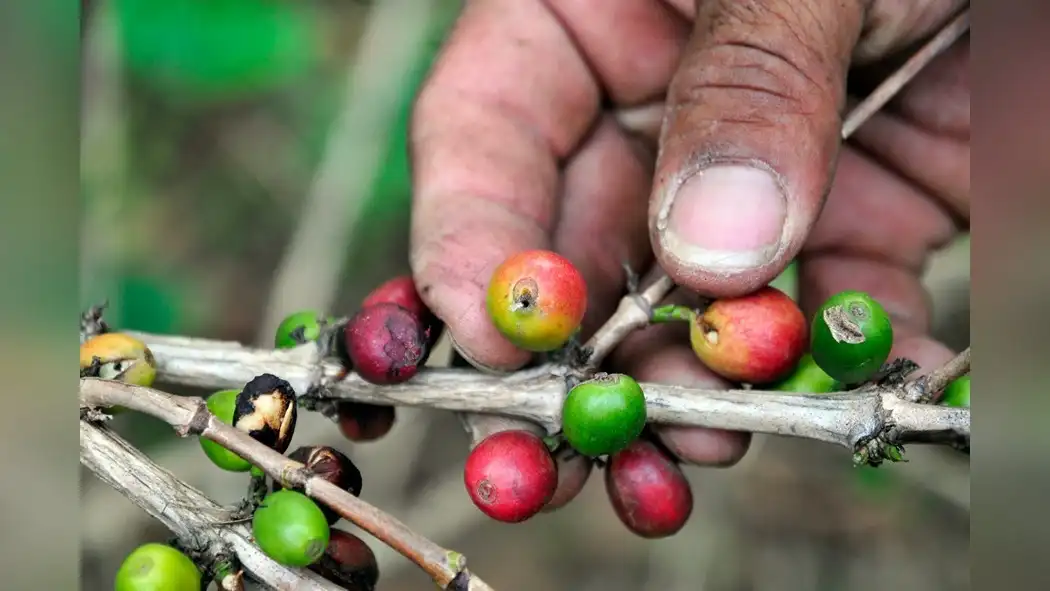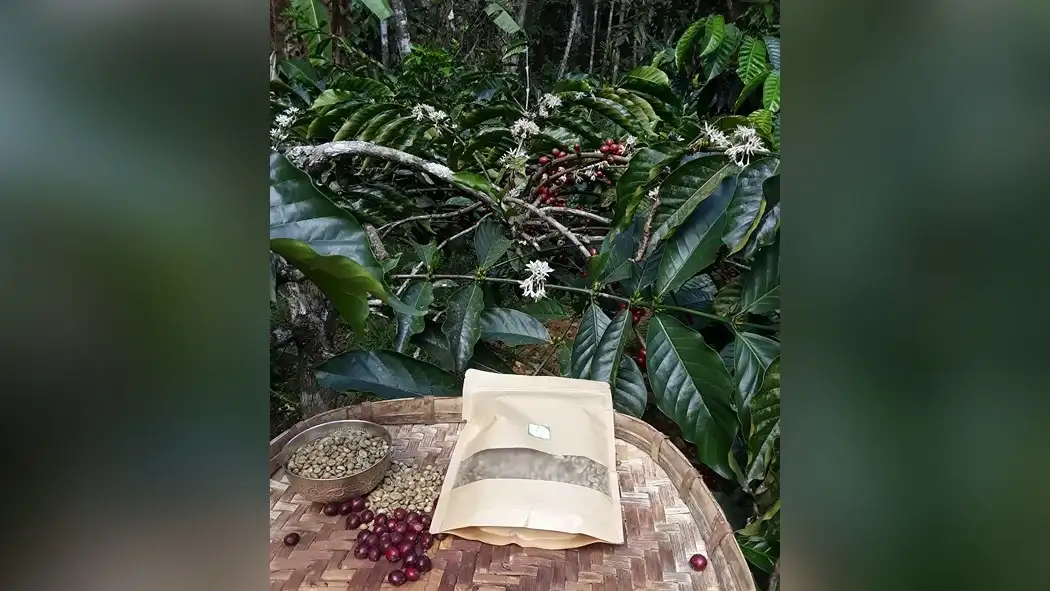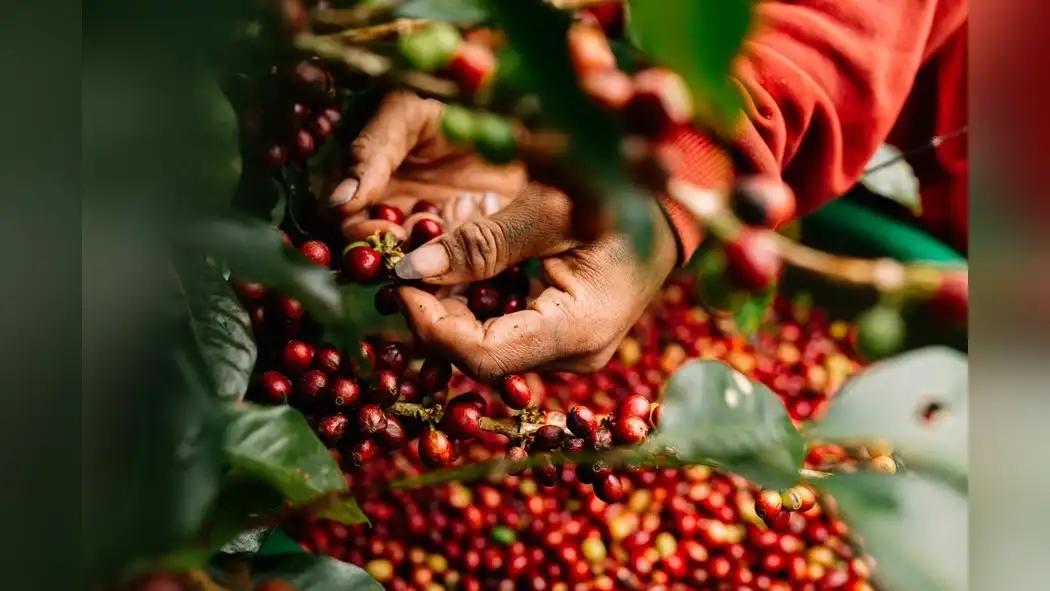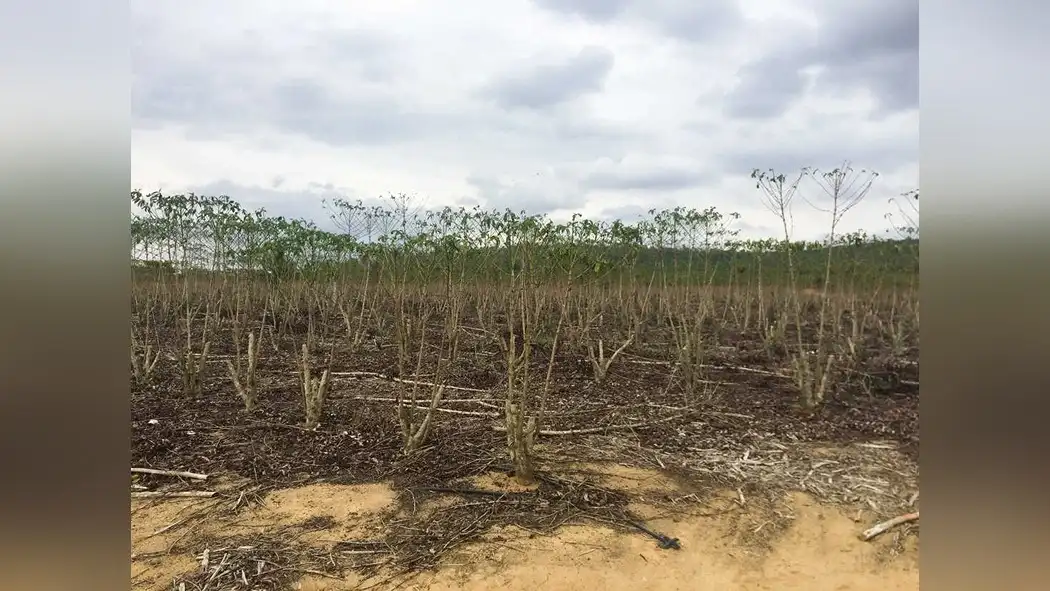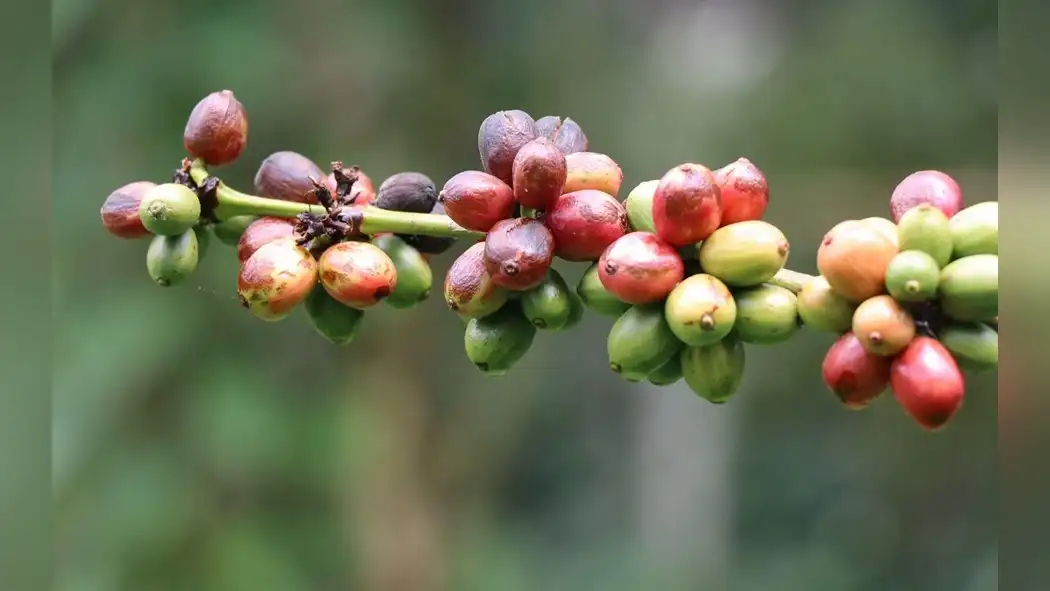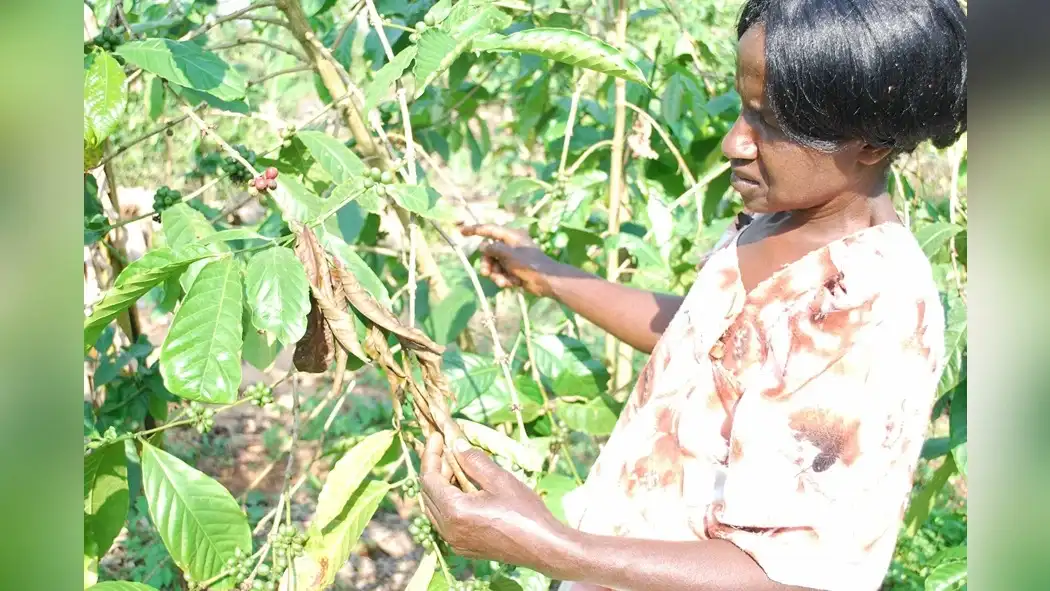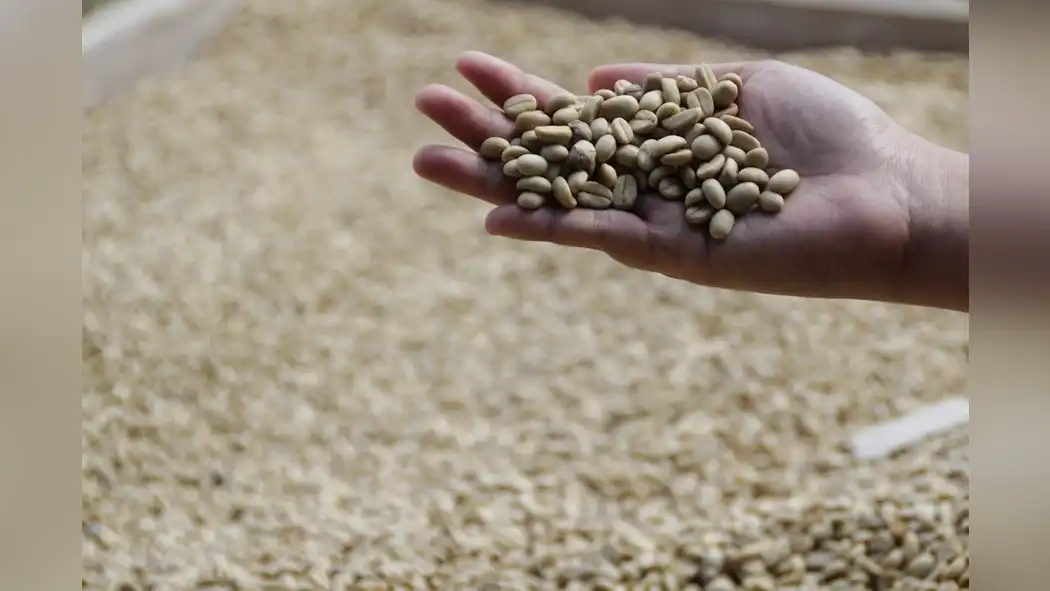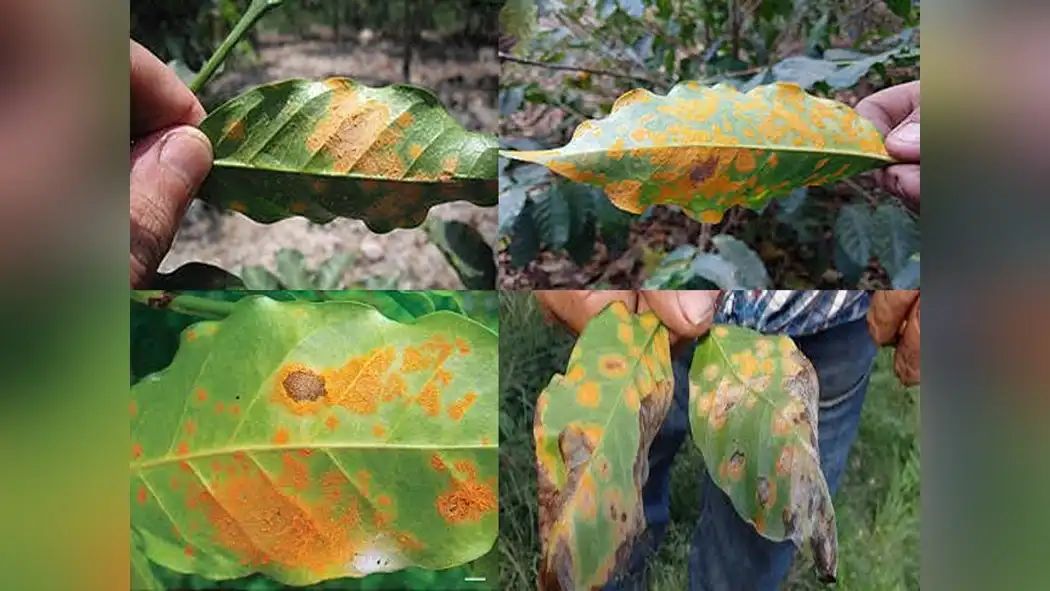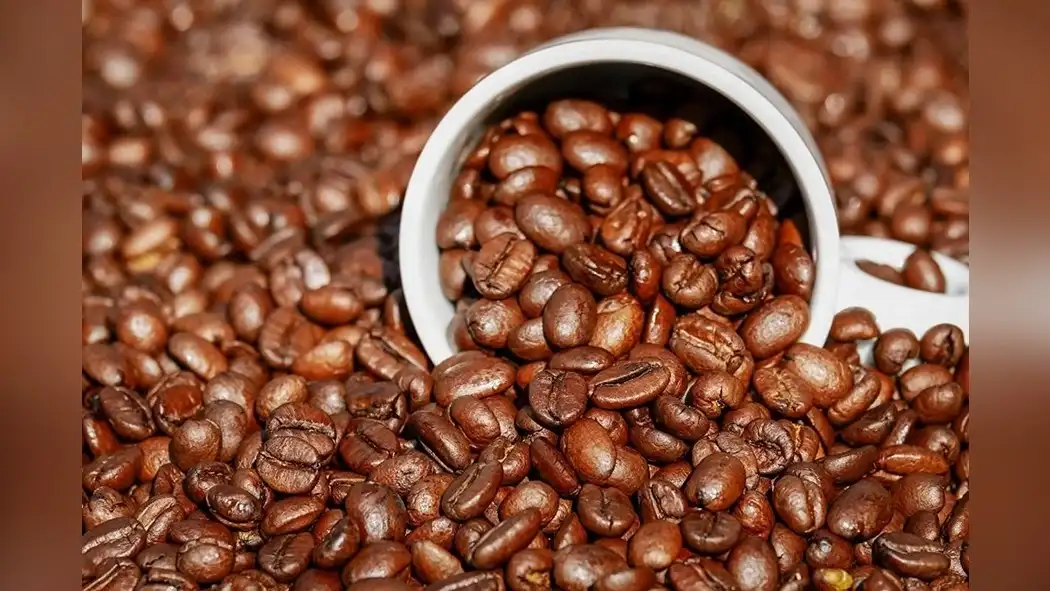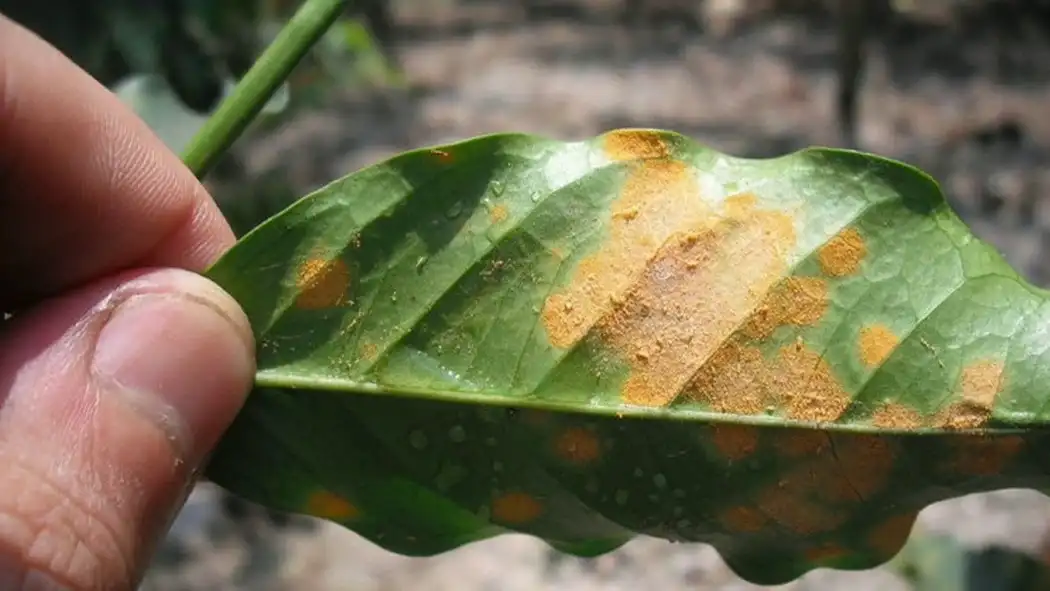So, you've heard about those pesky pests causing trouble in your robusta coffee plantations?
Well, it turns out nature has some pretty neat solutions up its sleeve. In this quick read, you'll explore the fascinating world of biological pest control.
We'll discuss how beneficial insects, microbial agents, and plant-derived pesticides can help manage those unwanted guests in your coffee crop.
Integrated pest management techniques will also be on the agenda.
Stick around to learn about the challenges and the promising future of biological control.
Get ready to discover the natural solutions that can keep your robusta coffee plantations thriving.
Importance of Biological Pest Control
You can't overstate the importance of biological pest control in robusta coffee plantations. It plays a crucial role in maintaining ecological balance and ensuring the health and sustainability of the coffee crops. Instead of relying solely on chemical pesticides, biological pest control harnesses the power of natural predators to manage pest populations. This approach not only minimizes the negative impact on the environment but also supports the long-term stability of the plantation ecosystem.
By introducing natural predators that feed on coffee pests, such as mites and borers, the need for chemical intervention decreases significantly. This not only reduces the potential harm to other beneficial organisms but also preserves the natural balance within the ecosystem. Additionally, promoting the presence of natural predators can help prevent the development of pest resistance, which is a common issue with chemical pesticides.
Furthermore, embracing biological pest control methods aligns with the growing consumer demand for sustainable and eco-friendly agricultural practices. It demonstrates a commitment to environmentally responsible coffee production, which can enhance the marketability of robusta coffee.
Beneficial Insects for Pest Management
When considering biological pest control in robusta coffee plantations, it's essential to understand the role that beneficial insects play in pest management. Beneficial insects are natural predators or parasites of pest insects and can help control pest populations in a sustainable and environmentally friendly way.
Here are four key beneficial insects commonly used in pest management:
- Predatory Beetles: These beetles are voracious predators of many coffee pests such as mites, caterpillars, and other soft-bodied insects. They help keep pest populations in check by feeding on them.
- Parasitic Wasps: These tiny wasps lay their eggs inside the bodies of pest insects. When the eggs hatch, the larvae feed on the pest, eventually killing it. This method is particularly effective against caterpillars and other larvae.
- Ladybugs: These colorful beetles are known for their appetite for aphids, which are a common pest in coffee plantations. Ladybugs can consume a large number of aphids, helping to protect the coffee plants from damage.
- Praying Mantises: These predatory insects feed on a wide range of pests, including flies, crickets, and caterpillars. They're valuable allies in controlling pest populations in coffee plantations.
Microbial Agents for Pest Suppression
Microbial agents are crucial for suppressing pests in robusta coffee plantations, complementing the role of beneficial insects in maintaining ecological balance. These agents, also known as microbial antagonists, play a vital role in biocontrol applications. They're a key component of biopesticides, which are derived from natural materials and organisms, and are used to manage pests in an eco-friendly manner.
Fungal pathogens, a type of microbial agent, are particularly effective in controlling coffee berry borer and leaf rust, two major pests that can significantly impact coffee production. These pathogens work by infecting and killing the pests, reducing their populations and the damage they cause to coffee plants.
Plant-Derived Natural Pesticides
Utilizing plant-derived natural pesticides enhances the biocontrol approach by providing additional avenues for eco-friendly pest management in robusta coffee plantations. Plant-derived pesticides offer organic alternatives to synthetic chemicals, promoting sustainable agriculture and minimizing harm to beneficial insects and the environment.
- Diverse Pest Control: Plant-derived pesticides contain a variety of compounds that can effectively target a wide range of coffee pests, including mites, beetles, and nematodes.
- Biodegradability: These organic alternatives break down naturally, reducing the risk of chemical residues in the coffee beans and the surrounding environment.
- Safety for Non-Target Organisms: Plant-derived pesticides are less likely to harm beneficial insects, such as pollinators and natural enemies of coffee pests, preserving the ecological balance within the plantations.
- Resistance Management: By integrating plant-derived natural pesticides into pest management strategies, the risk of pests developing resistance is minimized, ensuring long-term effectiveness of pest control measures.
These natural pesticides not only provide effective control of pests but also contribute to the overall health and sustainability of the robusta coffee plantations. Incorporating plant-derived alternatives aligns with the growing consumer demand for organic and environmentally friendly coffee products.
Integrated Pest Management Techniques
To effectively implement integrated pest management techniques in robusta coffee plantations, you can enhance the biocontrol approach by incorporating a combination of natural pest control methods, including but not limited to plant-derived pesticides. Integrated pest management (IPM) involves a holistic approach to pest control that integrates various strategies to minimize the use of chemical pesticides while effectively managing pests. One of the key components of IPM is pest monitoring, which allows you to assess pest populations and make informed decisions about the most appropriate control measures. Additionally, planting pest-resistant crops can significantly contribute to pest management by reducing the vulnerability of the coffee plants to pest attacks. By combining these techniques with other natural pest control methods such as biological control agents and habitat manipulation, you can create a more sustainable and environmentally friendly pest management system.
| Integrated Pest Management Techniques | Benefits |
|---|---|
| Pest Monitoring | Informs decision-making |
| Pest-Resistant Crops | Reduces vulnerability |
| Biological Control Agents | Natural pest control |
Implementing these techniques not only reduces the reliance on chemical pesticides but also promotes the overall health of the coffee plantation ecosystem.
Challenges and Future of Biological Control
You must address the challenges and future of biological control in robusta coffee plantations.
Sustainable pest management methods are crucial to maintain a healthy ecosystem balance while ensuring crop productivity.
Advancements in biocontrol technology offer promising solutions but also present new challenges that need to be carefully navigated.
Sustainable Pest Management Methods
When implementing sustainable pest management methods in robusta coffee plantations, it's essential to consider the challenges and future prospects of biological control.
- Complex Ecological Balance: Achieving a balanced ecosystem where natural enemies keep pest populations in check is a complex task that requires a deep understanding of the interactions between organisms.
- Long-Term Efficacy: Ensuring the long-term effectiveness of biological control methods involves continuous monitoring and adaptation to prevent the development of resistance in pests.
- Integration with Other Methods: Integrating biological control with other sustainable pest management practices, such as habitat manipulation and cultural controls, enhances overall effectiveness.
- Research and Innovation: Investing in research and innovative technologies is crucial for developing new biological control solutions that are sustainable and tailored to specific pest and environmental conditions.
Impact on Ecosystem Balance
Achieving a balanced ecosystem in robusta coffee plantations through biological pest control requires careful consideration of the impact on ecosystem balance and the challenges that may arise.
While biological pest control methods are beneficial for ecosystem health, they also pose potential challenges to ecological harmony. Introducing natural predators or using biopesticides can inadvertently affect non-target species, disrupting the delicate balance within the ecosystem.
Additionally, the effectiveness of biological control agents can vary depending on environmental factors, which may lead to inconsistent pest management. Future advancements in biological pest control will need to address these challenges to ensure sustainable and effective solutions.
Striking a balance between pest management and ecosystem preservation is crucial for the long-term health of robusta coffee plantations and the surrounding environment.
Advancements in Biocontrol Tech
Addressing the challenges and future of biological control in robusta coffee plantations requires carefully considering advancements in biocontrol technology and their potential impact on ecosystem balance, especially since these technologies are continually evolving.
Biological control innovations offer sustainable solutions for pest management in robusta coffee plantations. These advancements encompass the development of biopesticides derived from natural sources, such as microorganisms or plant extracts, which can effectively target specific pests while minimizing harm to non-target organisms.
Furthermore, the utilization of pheromones and mating disruption techniques shows promise in controlling pest populations without the need for chemical intervention. Additionally, the integration of precision agriculture technologies, like drones and remote sensing, allows for more targeted and efficient application of biological control agents.
Ultimately, these advancements hold the potential to enhance the sustainability and efficacy of pest management in robusta coffee plantations.
Conclusion
So, as you can see, biological pest control offers a sustainable and effective solution for managing pests in robusta coffee plantations.
For example, a coffee farm in Brazil successfully implemented integrated pest management techniques, using beneficial insects and plant-derived natural pesticides to control pests without harming the environment.
By embracing natural solutions, coffee farmers can protect their crops and contribute to a healthier ecosystem.

